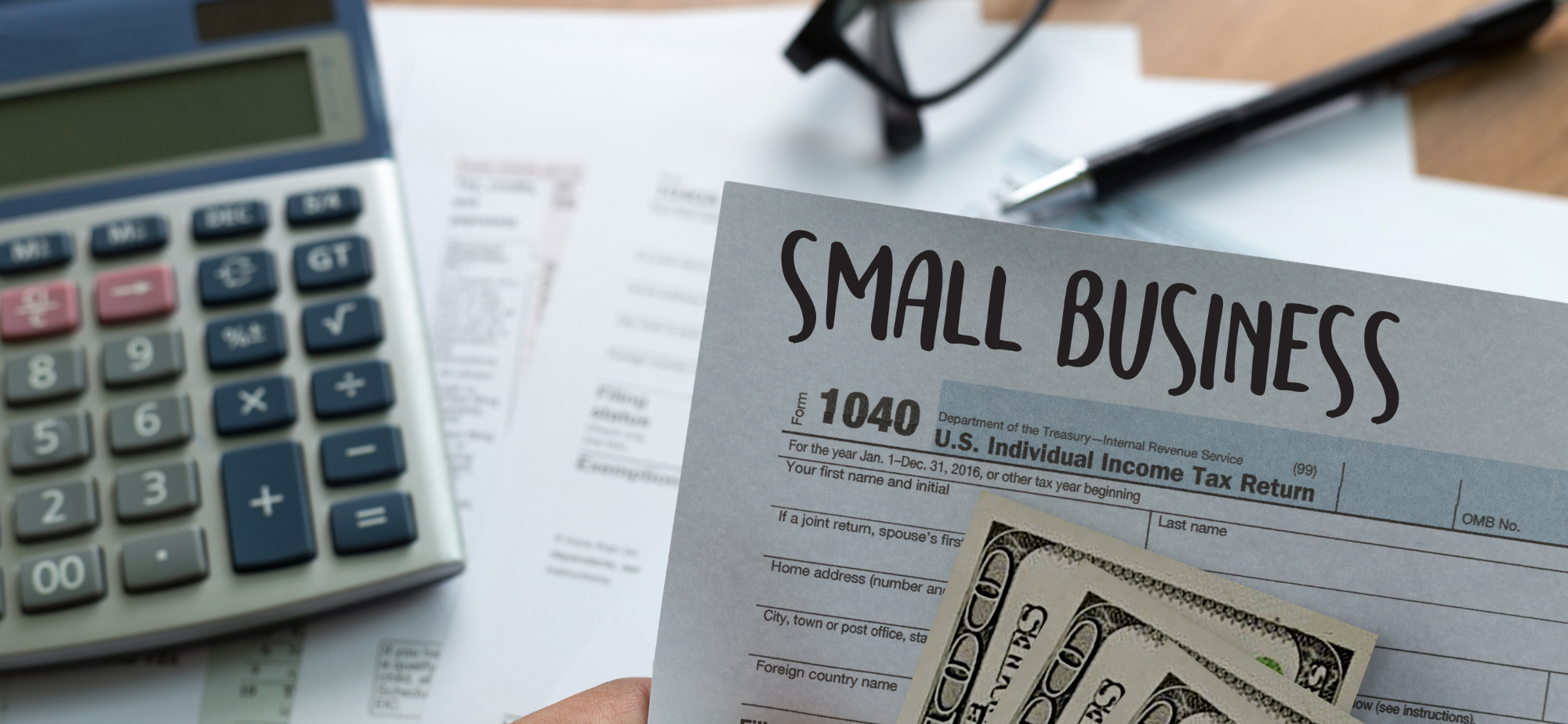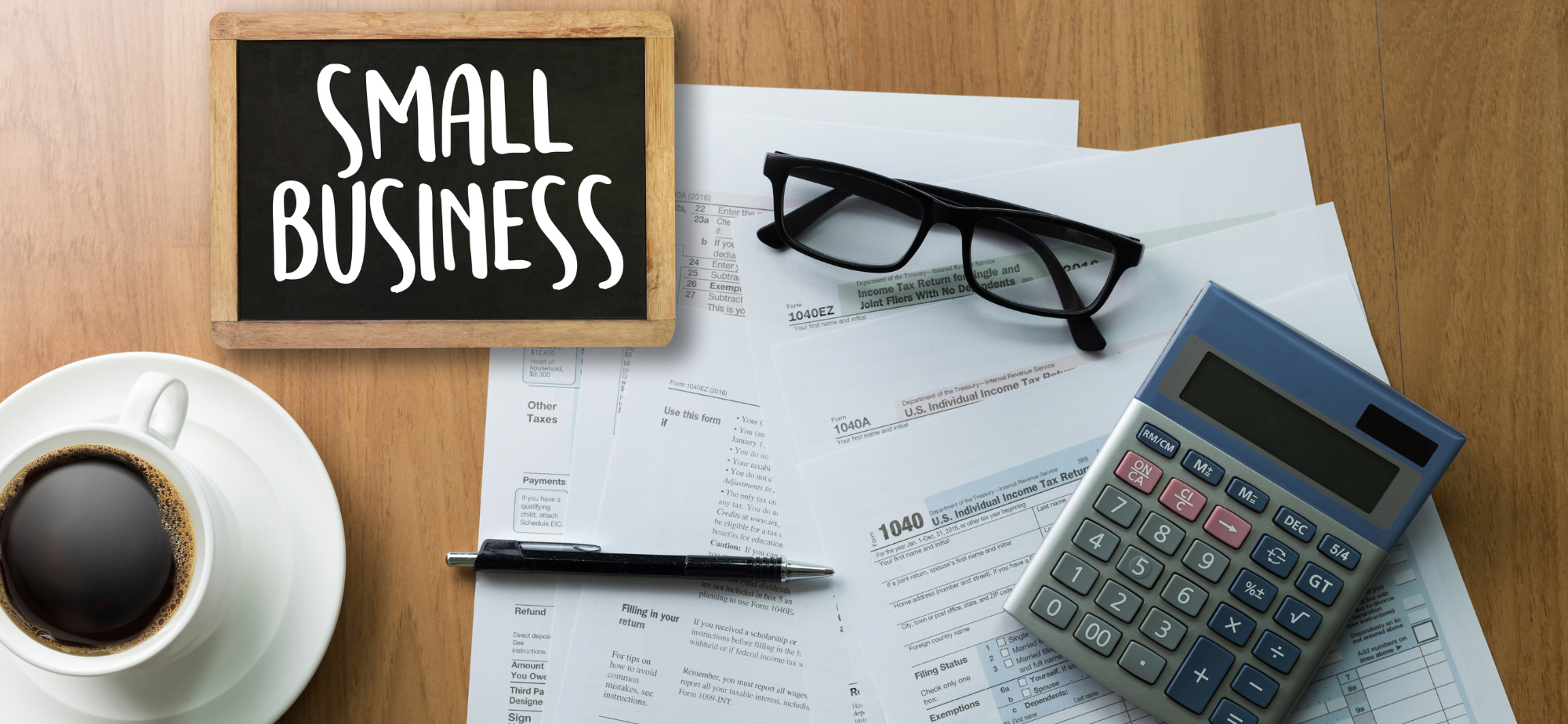How often do you hear that “I’ve got a company and I’m saving tax”?
This sounds intriguing that people think, by having company, they going to save tax! The truth is, you might save tax initially, as long as you do not take money out of the company. To take money out of the company, it has to be in the form of a salary/wage, payment of a dividend, or a loan repayment back to you.
Some people seem to have the idea that because a company pays less tax they will save money. The problem is if you take money the company that if it is not one of the above, then it becomes an unsecured loan by the company to you. This is what we call division 7A loan by the company. What this means is that it is an unsecured loan from the company to you and you have to pay interest which is furthermore taxed as income to the company.
The big problem comes about when your Division 7A loan climbs dramatically and you cannot pay it back. The Australian Taxation Office (ATO) may consider this to be an unfranked dividend which is fully assessable in your hands. This means you pay tax on it without having any tax credits (franking credits). Trading companies are very inflexible when it comes to these matters. Many people associated with the company want to use the company for income splitting purposes. This is not a good idea. You have to justify the salary or wage if you are associated with the company and salaries or wages must be physically earned.
The other major problem with a company is when it has a capital gain that, generally speaking, has a 50% discount applied to the capital gain, it does not apply to the shareholders. This means that if there is a capital gain of $10,000 that attracts a discount of 50%, the tax would be paid on $5,000 and not the $10,000. The company would get that that 50% discount, but, when the company pays dividends, there are 2 components to the dividend. First of all this the concessional part which is 50% with the franking credit (tax paid) and an unfranked dividend which is $5,000 which has no tax credits. In other words shareholders in the company will pay tax on the whole capital gains whereas every other entity, such as beneficiaries of a trust or partners, or sole proprietors, will pay tax on 50%.
In summary, having a trading company may have many consequences for unsecured loans by the company to the shareholders or directors and significant tax disadvantages regarding capital gains. Think carefully before you decide on a private company.






